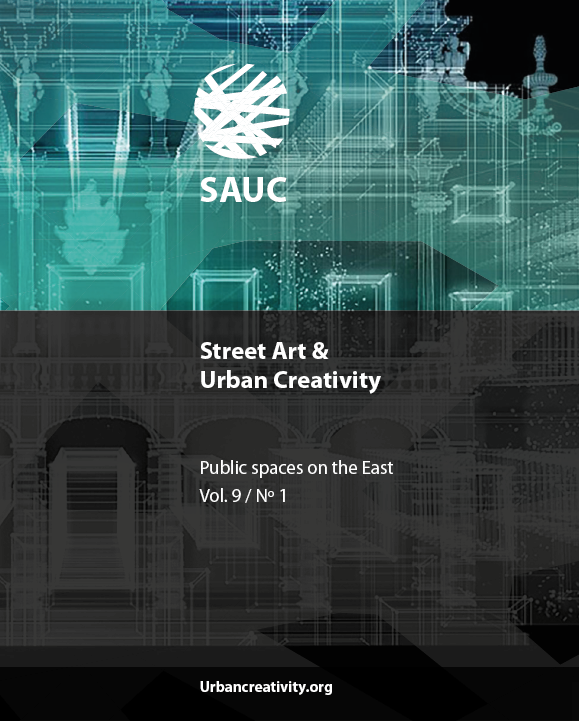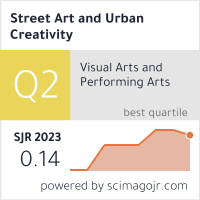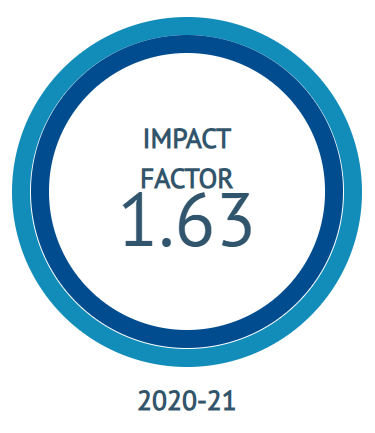The Role of Initiatives in Metropolitan Design Strategies Through NYC Case
DOI:
https://doi.org/10.25765/sauc.v9i1.728Palabras clave:
metropolitan design, design initiatives, urban design, urban strategiesResumen
The study first considers urban design, the strategies needed to increase the operability and sustainability of urban design, and the role of initiatives in these, through a literature review. Then, the NYC Design Guidelines for the years 2017-2021 are reviewed and the data here are evaluated together with the previous inferences. The design studies for the metropolitan area provide local solutions that can be successful if they are designed with an understanding that brings together the works of local governments and these initiatives. Routers in urban use are directly related to the fact that a large number of user teams with different purposes can reach areas with high efficiency and experience themselves by adhering to the routers provided by the initiatives. The prominent keywords in the inferences obtained in this section are handled both individually and taking into account the thematic groups they form. The frequencies of the leading themes and the way they are associated make visible the work areas in which the initiatives have a stake. Since the themes in this reading include organic relations both numerically and verbally, it is very important to understand the role of initiatives in the applicability of NYC design criteria, that these representations are fed from contrasts such as proximity-distance, frequency-rareness, as in real life. By filtering the data obtained at each step through the literature review, the next step is taken and a comprehensive framework is presented on the current positioning of the initiatives and how they can be carried into the near future.
Descargas
Estadísticas globales ℹ️
|
194
Visualizaciones
|
66
Descargas
|
|
260
Total
|
|
Descargas
Publicado
Cómo citar
Número
Sección
Licencia
Los autores/as que publiquen en esta revista aceptan las siguientes condiciones:
- Los autores/as conservan los derechos de autor.
- Los autores/as ceden a la revista el derecho de la primera publicación. La revista también posee los derechos de edición.
- Todos los contenidos publicados se regulan mediante una Licencia Atribución/Reconocimiento-SinDerivados 4.0 Internacional. Acceda a la versión informativa y texto legal de la licencia. En virtud de ello, se permite a terceros utilizar lo publicado siempre que mencionen la autoría del trabajo y a la primera publicación en esta revista. Si transforma el material, no podrá distribuir el trabajo modificado.
- Los autores/as pueden realizar otros acuerdos contractuales independientes y adicionales para la distribución no exclusiva de la versión del artículo publicado en esta revista (p. ej., incluirlo en un repositorio institucional o publicarlo en un libro) siempre que indiquen claramente que el trabajo se publicó por primera vez en esta revista.
- Se permite y recomienda a los autores/as a publicar su trabajo en Internet (por ejemplo en páginas institucionales o personales), una vez publicado en la revista y citando a la misma ya que puede conducir a intercambios productivos y a una mayor y más rápida difusión del trabajo publicado (vea The Effect of Open Access).













